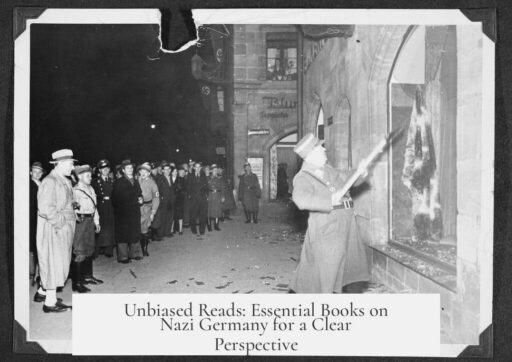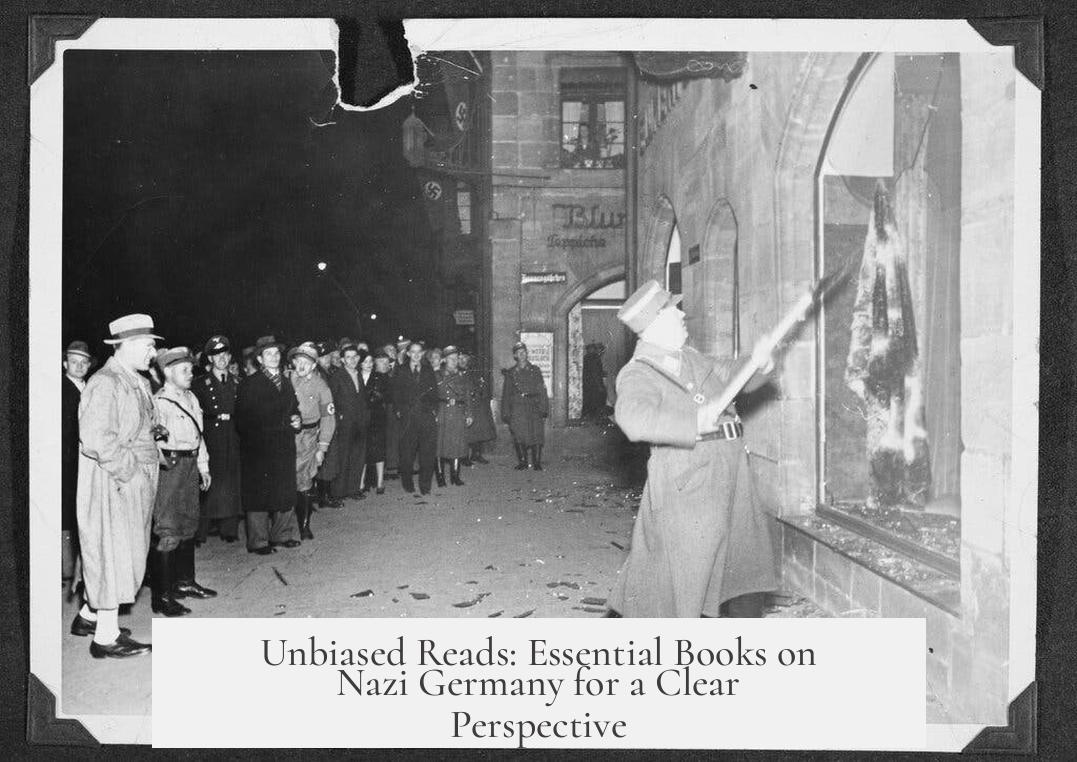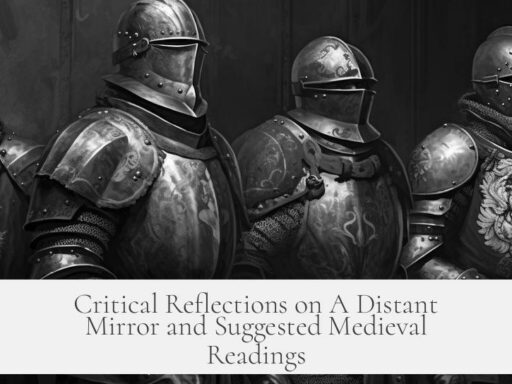Finding good unbiased books on Nazi Germany presents major challenges due to the inherently horrific nature of the regime’s actions. While complete neutrality is difficult, some works approach the topic with rigorous scholarship and minimal ideological bias.
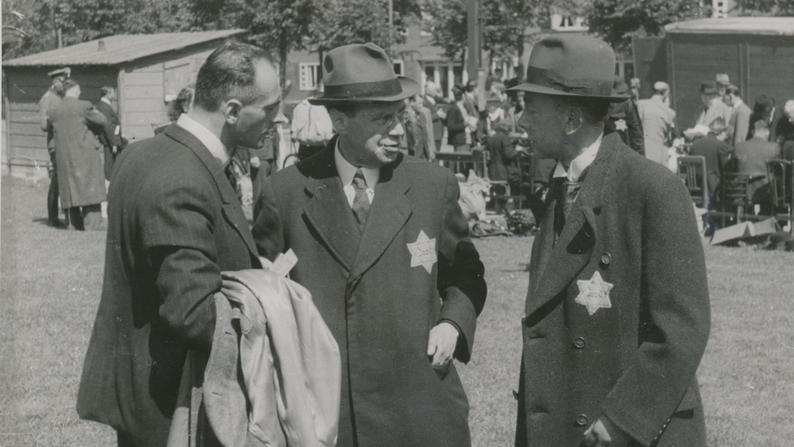
The Nazi era involved systematic mass murder, crimes against humanity, and indoctrination. Any book ignoring these facts lacks credibility. Therefore, truly objective accounts acknowledge the atrocities while focusing on balanced analysis of historical causes, events, and consequences. Readers should expect frank descriptions alongside contextual understanding.
Several authors have produced well-regarded books that strive for this balance. Michael Burleigh’s The Third Reich: A New History offers detailed coverage including war crimes. Burleigh’s perspective compares Nazi Germany with Soviet totalitarianism, lending broader context and a more nuanced view.
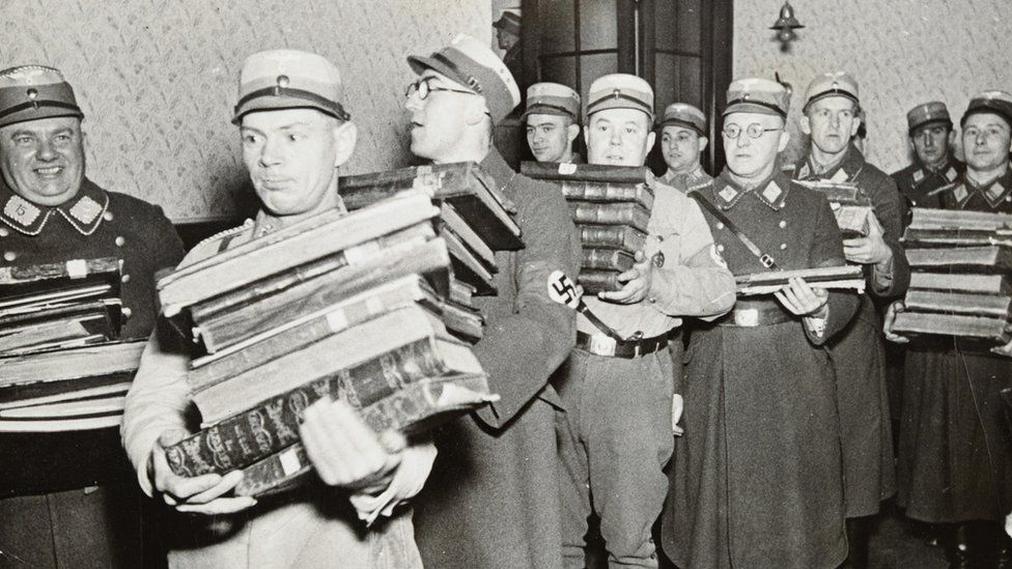
Historian Richard J Evans’s The Third Reich Trilogy is widely considered a definitive and scholarly examination of Nazi Germany’s rise and fall. Evans uses extensive archival research and presents complex factors objectively, avoiding sensationalism. His work is the standard for academic rigor on this subject.
For those interested in the ideology underpinning Nazism, Fascism: A Very Short Introduction provides a balanced overview of fascism without focusing solely on Nazi Germany. It neutrally examines the ideology’s features and historical impact with clarity.

To explore perspectives from within Nazi Germany, primary sources like journals, diaries, and letters written during the era offer invaluable insight. These documents illuminate everyday experiences and the atmosphere of indoctrination. Researchers should approach these sources critically, understanding the context and potential biases.
Additional resources are available via curated reading lists such as the comprehensive Reddit history wiki. This includes recommended books, documentaries, and podcasts that cover Nazi Germany with scholarly care.
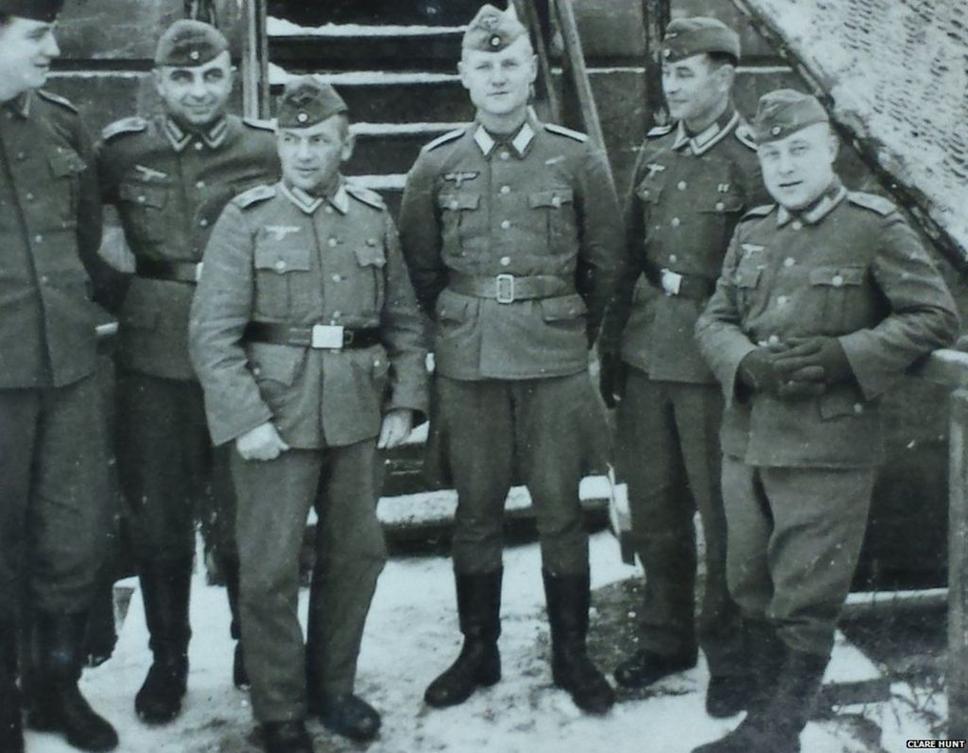
| Book | Author | Notes |
|---|---|---|
| The Third Reich: A New History | Michael Burleigh | Includes detailed atrocities; comparative perspective with USSR |
| The Third Reich Trilogy | Richard J Evans | Comprehensive, scholarly, and objective |
| Fascism: A Very Short Introduction | Kevin Passmore | Neutral analysis of fascist ideology |
- Unbiased accounts fully acknowledge Nazi crimes and atrocities.
- Michael Burleigh and Richard J Evans provide well-researched, relatively neutral histories.
- Primary sources like journals offer firsthand perspectives but require critical reading.
- Interest in ideology can be supplemented by works on fascism in general.
- Consult curated reading lists for a broader, balanced understanding.
Good Unbiased Books on Nazi Germany? Let’s Dive Into the Complexity
Are there truly unbiased books on Nazi Germany? Unfortunately, the answer is a complicated no. The subject itself reeks of horror and atrocity, making total objectivity nearly impossible. When something is fundamentally evil—mass murder, horrific human rights abuses, and the systematic destruction of millions of lives—it skews how anyone, even historians, approach the topic.
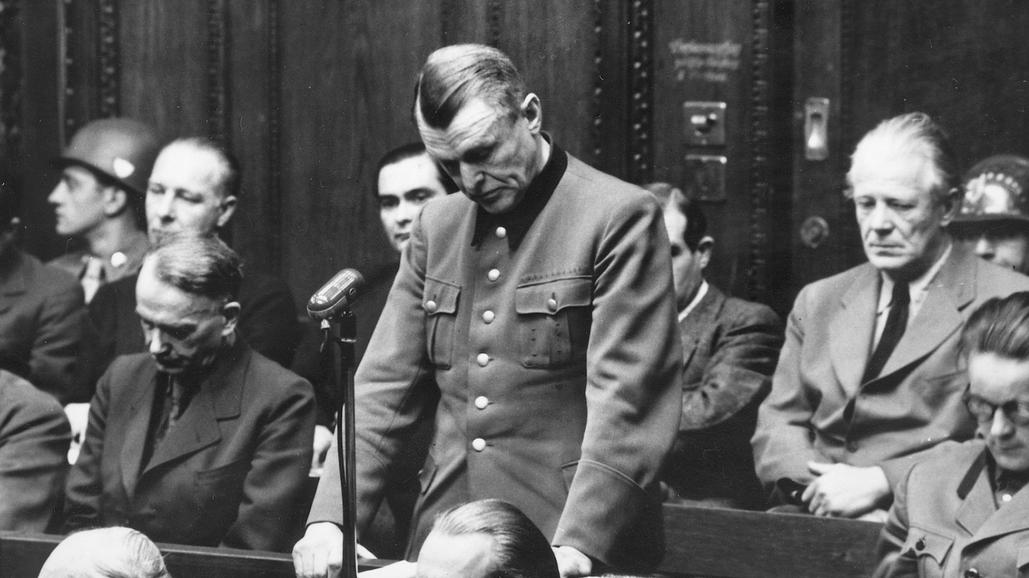
You might wonder, “Why can’t someone just stick to the facts?” Here’s the kicker: Nazi Germany wasn’t just a flawed regime; it was a machinery of cruelty, indoctrination, and terror. So, writing about it without acknowledging its evil core feels disingenuous. It’s like trying to describe a snake without mentioning it’s venomous. You can’t erase atrocities and still call the account “unbiased.”
Even the historians with the most rigorous standards carry some subconscious bias. After all, human nature screams against accepting such evil as just ‘another political experiment.’ That’s why you’ll rarely find a book that tiptoes around the dark sides or ignores the massive human-rights violations, war crimes, and inhumane experiments that defined the era. Ignoring these would not just be biased—it would be wrong.

Facing the Challenge: How to Approach Nazi Germany Without Losing Sight of Truth
If you’re hunting for material that doesn’t feel like an emotional tirade but holds up the facts firmly, consider these options carefully curated for balance and insight.
- Fascism: A Very Short Introduction: This book is a gem for understanding fascism philosophically and politically. It doesn’t solely focus on the Nazis but dissects fascism as an ideology fairly and neutrally. If you want to grasp the bigger picture behind the Nazi movement, this short read gets you there without bias overload. It’s rated 5/5 for its objectivity and clarity.
- The Third Reich: A New History by Michael Burleigh: Burleigh brings an intriguing perspective. He’s moderately right-wing and compares Nazi Germany with the Soviet Union, treating both regimes critically. This approach offers a more balanced view, acknowledging the horrors without reducing it solely to emotional judgment. However, it does contain graphic accounts of Nazi crimes, as ignoring them would be historically inaccurate.
- The Third Reich Trilogy by Richard J. Evans: Widely regarded as the most comprehensive modern history on Nazi Germany, this trilogy is the heavy hitter you want if depth and detail are your goals. Evans is praised for meticulous research and striving for objectivity, which is impressive given the topic’s emotional weight. His work covers everything from the rise to the fall of the Nazi regime with strong evidence and contextual understanding.
Curious About Original Voices? Dip Into Journals and Letters
For those who want to peel back layers and hear real voices of the time, journals and letters from Germans living through the era are insightful. They provide personal perspectives on the societal atmosphere, indoctrination, fear, and sometimes resistance inside Nazi Germany. But remember, even these documents carry the personal biases and circumstances of the writers. No history is truly unbiased, especially with such a charged topic.
Explore More With Curated Lists and Documentaries
Sometimes, raw books might feel heavy or dense. Here’s a handy tip: consider exploring curated reading lists and documentaries. The reddit history reading list is an excellent place to start. It includes books, documentaries, and podcasts grouped by topics, including Nazi Germany and World War II, offering a range of perspectives. This variety helps build a well-rounded understanding without relying on a single “unbiased” source.
Why Does Bias Matter Here Anyway?
You might be thinking, “Does bias ruin our understanding?” Not entirely. Recognizing bias helps us critically engage with sources. Knowing an author’s viewpoint or political stance provides context. For example, Burleigh’s right-leaning perspective shapes how he weighs Soviet and Nazi evils, which encourages readers to think deeper instead of just accepting a narrative blindly.
Plus, when it comes to historical horrors, being “neutral” might end up as a veneer for apathy. Acknowledging the human suffering and evil isn’t bias—it’s reality. Still, excellent historians like Evans manage to present facts comprehensively while avoiding emotional hyperbole.
Final Thoughts: Can You Ever Be Truly Unbiased?
So, if you’re searching for a textbook-perfect, emotionless recount of Nazi Germany, prepare to be disappointed. History, especially traumatic history, is messy. The Nazis’ horrific nature seeps into every account, coloring interpretations. However, by turning to rigorous scholarship, comparative political analysis, and contemporary sources, you can find balanced and deeply informative works.
Think of it this way: Instead of seeking an impossible “unbiased book,” aim for well-researched, nuanced histories that acknowledge evil but also explore social, political, and ideological complexities. That’s where understanding—not just facts—comes in.
Ready for your next read? Start with Fascism: A Very Short Introduction, then dive into Richard J. Evans’s trilogy for a full picture. Finally, dip into journals or curated lists to add personal voices and documentaries for visual context. History is never simple, but with the right guides, you can handle the tough lessons honestly and thoughtfully.
